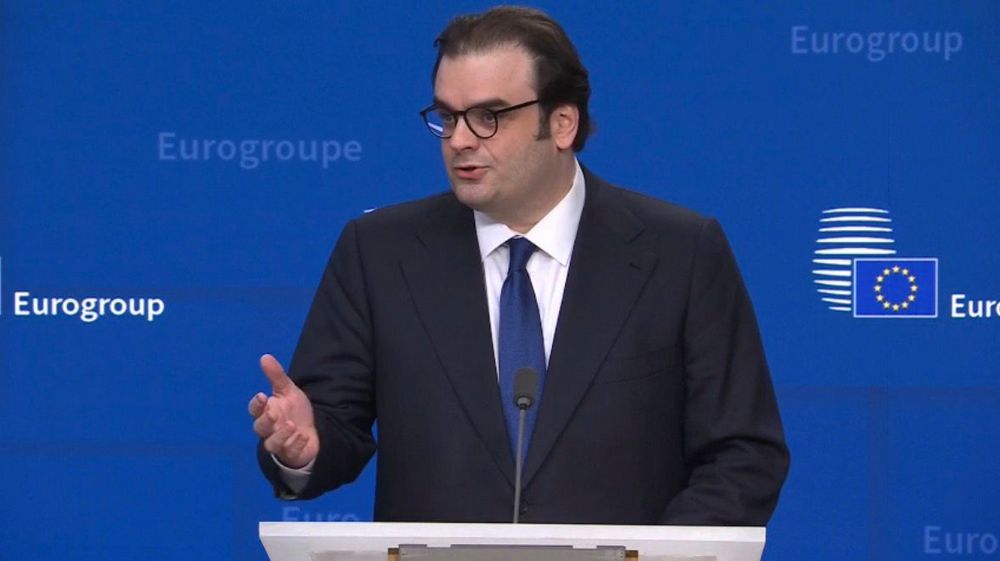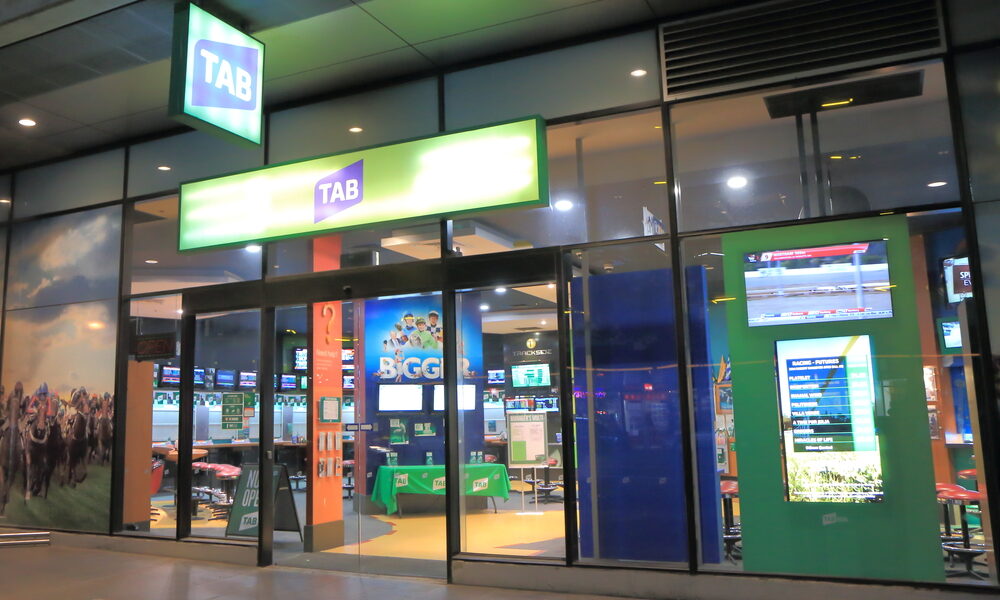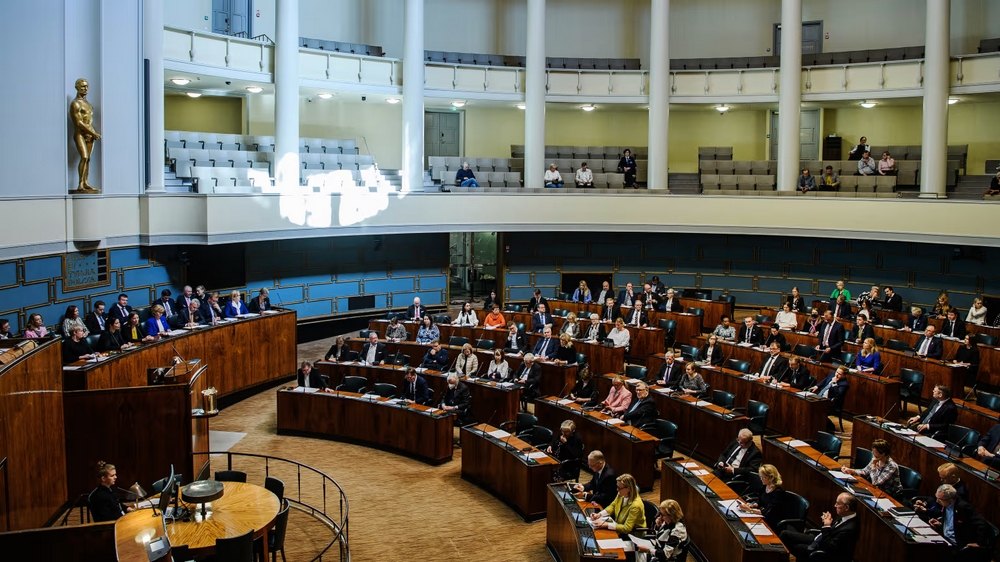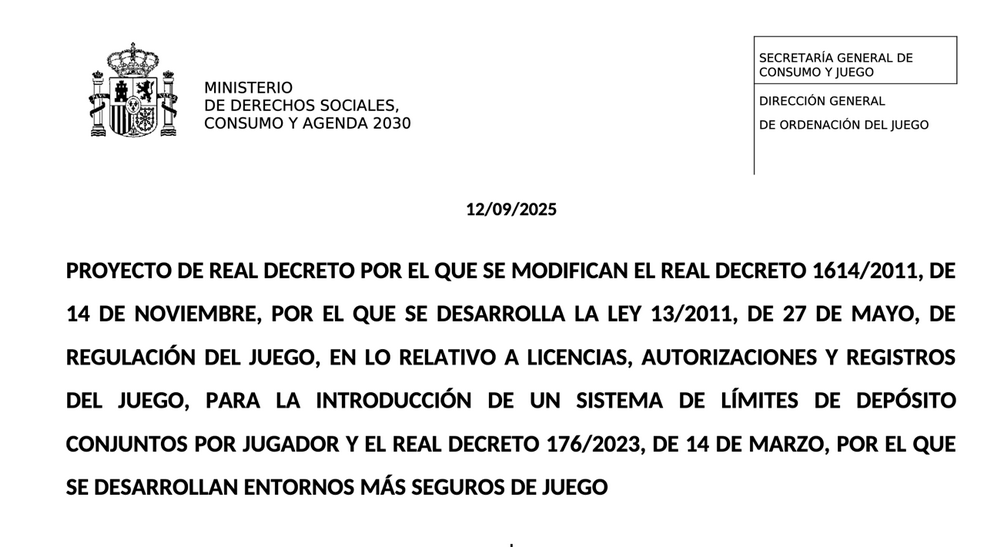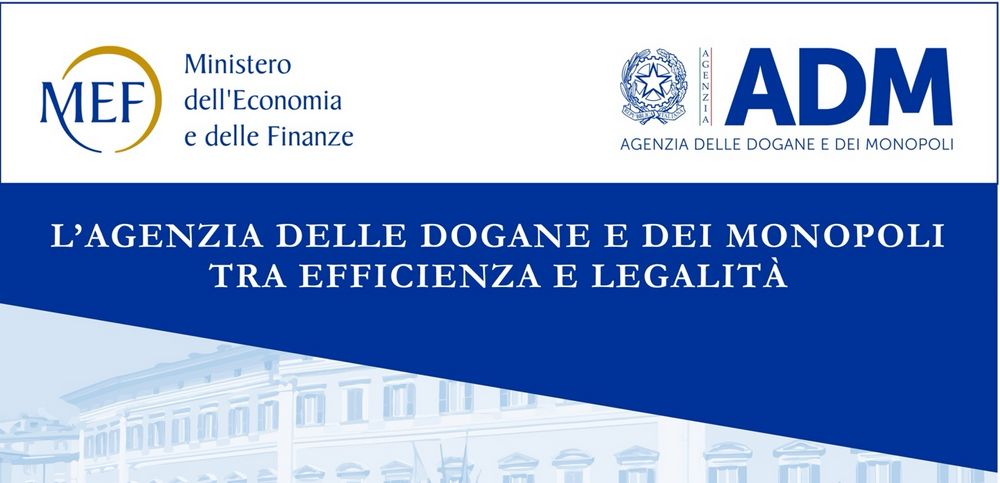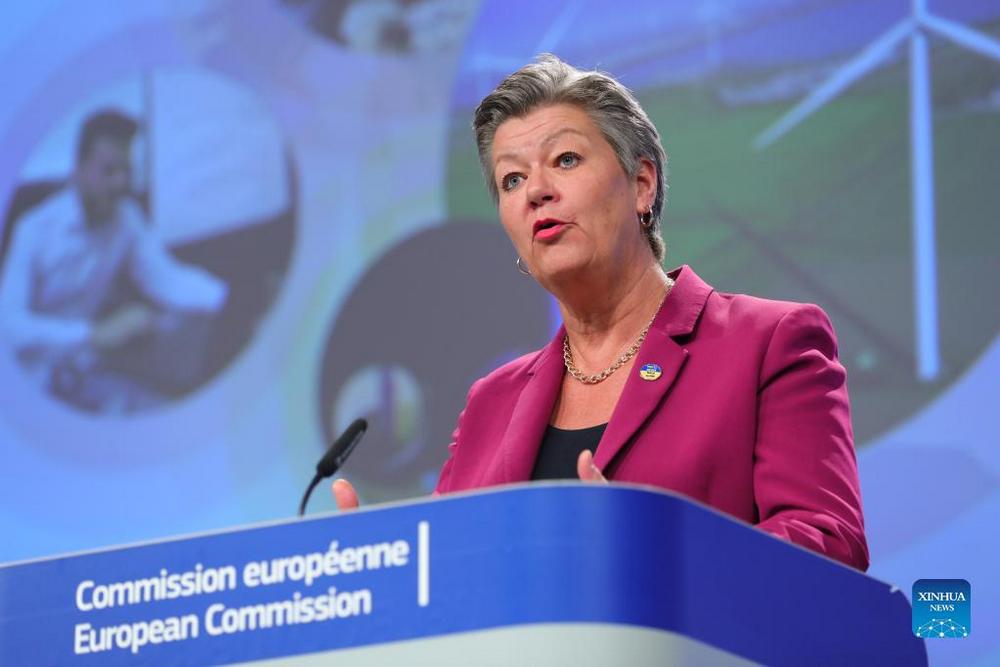In brussels, the fight against illegal online gambling has escalated, as recent data reveals that unregulated iGaming platforms across the European union generated approximately $93.5 billion in revenue during 2024, exceeding licensed operators’ income. This market, covering 27 countries, sees a dominant share of player activity diverted to unauthorized websites, with key nations including the united kingdom, germany, and france facing increasing pressure to counteract this growing challenge while upholding strict regulatory standards.
Ylva Johansson, European commissioner for Home Affairs, emphasized the critical need for action: “We cannot afford to let illegal operators undermine our legal frameworks and expose consumers to unregulated risks. This surge compels us to strengthen enforcement and cooperation across member states.” Her statement underscores the urgency at the highest levels of EU governance to preserve the stability and integrity of the iGaming sector.

Current European union regulations permit individual member states to license and govern online gambling independently, as there is no unified EU-wide prohibition or standardized regulation. This fragmented regulatory environment enables illegal operators to expand cross-border. Countries like malta regulate authorized platforms through the Malta Gaming Authority and its rigorous licensing process, whereas others rely on national laws such as the UK Gambling Act 2005, which enforces strict compliance measures including website blocking, financial sanctions, and legal penalties against unlicensed operators.
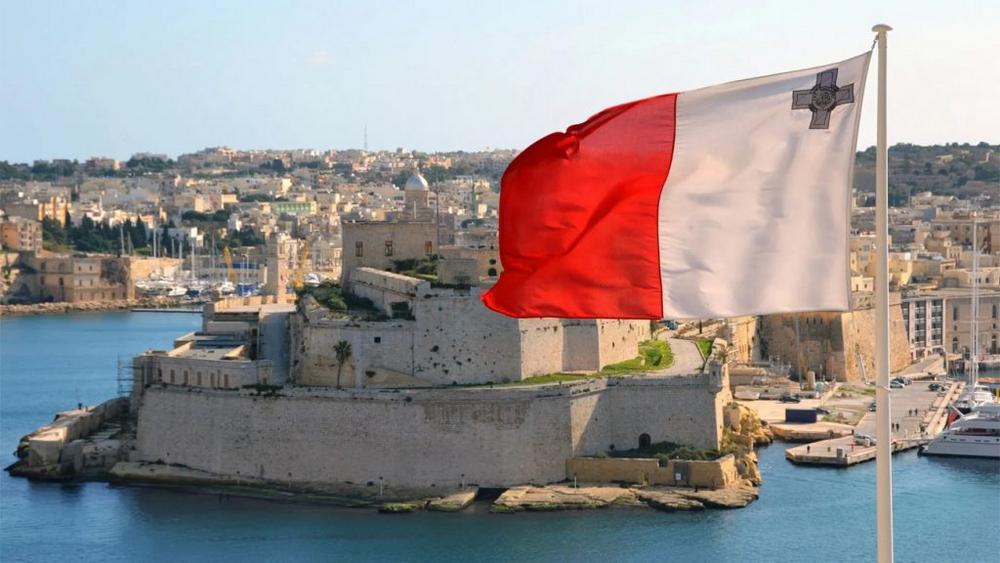
The economic impact is profound: illegal platforms divert tax revenues from governments and distort competition by avoiding regulatory costs, challenging licensed companies' market share and investment capabilities. Socially, patrons using unauthorized sites face weaker consumer protections and increased risks of gambling-related harm. Furthermore, regulatory discrepancies strain diplomatic relations, complicating coordinated enforcement efforts against cross-border violations.

As the regulatory tempest intensifies, policymakers must determine if enhanced transnational cooperation and harmonization of regulations can restore balance to the European iGaming market, or if continued fragmented enforcement will allow the shadow economy to entrench further. This ongoing battle demands vigilant legal and operational strategies to protect the sector’s sustainable future.











